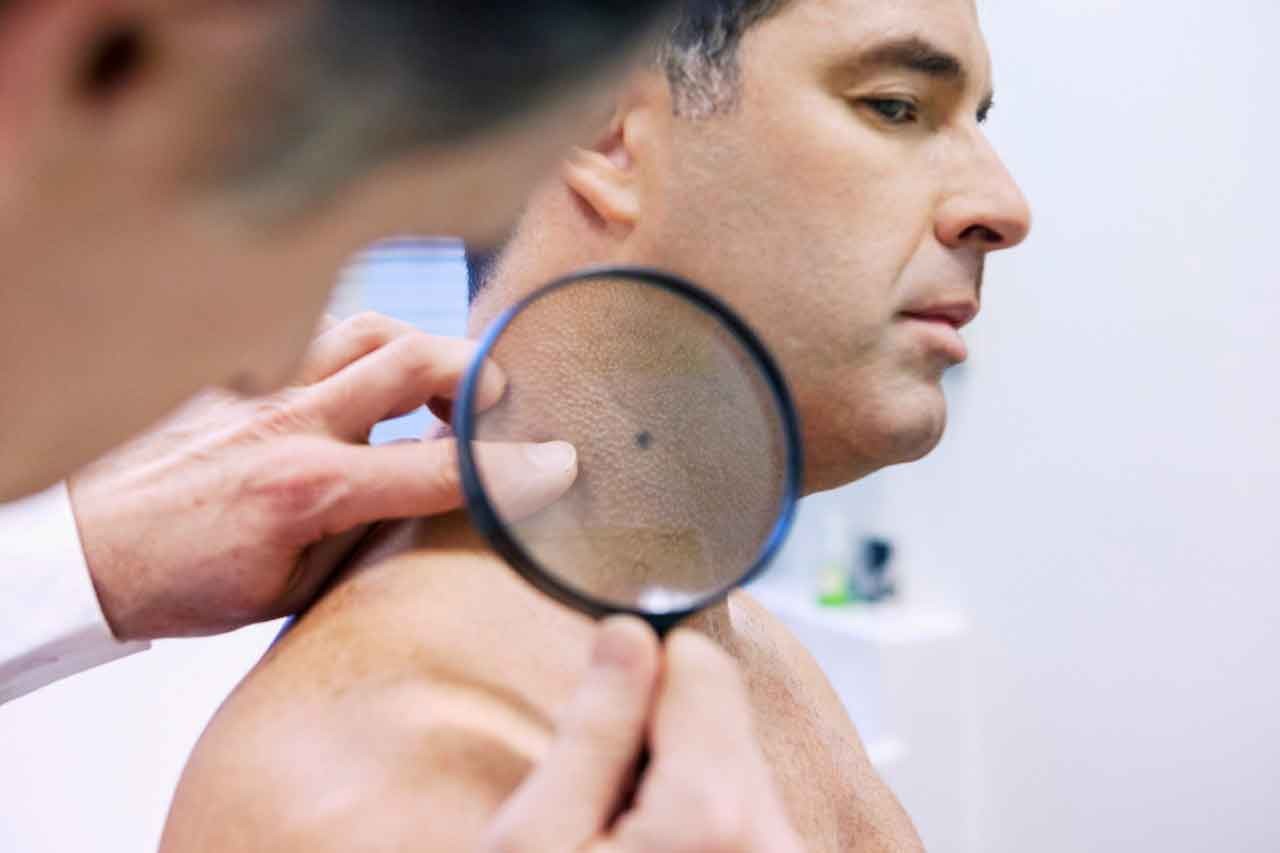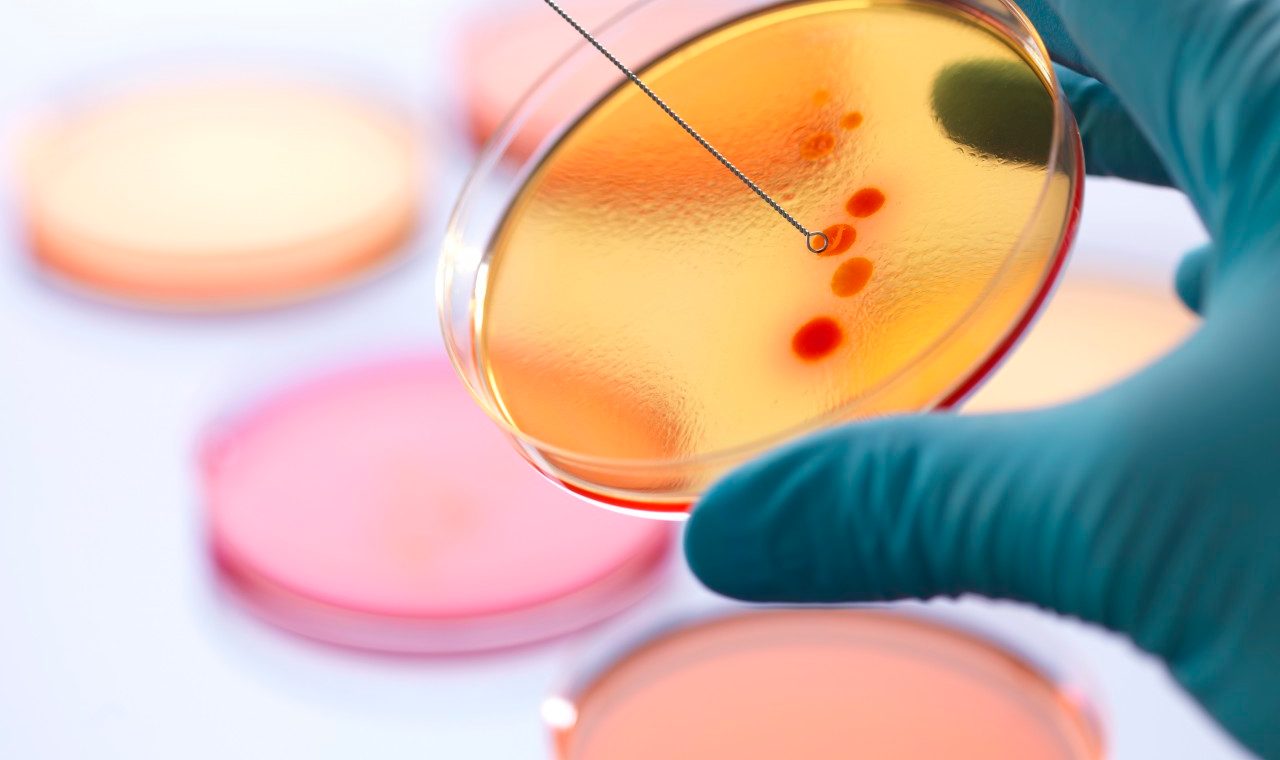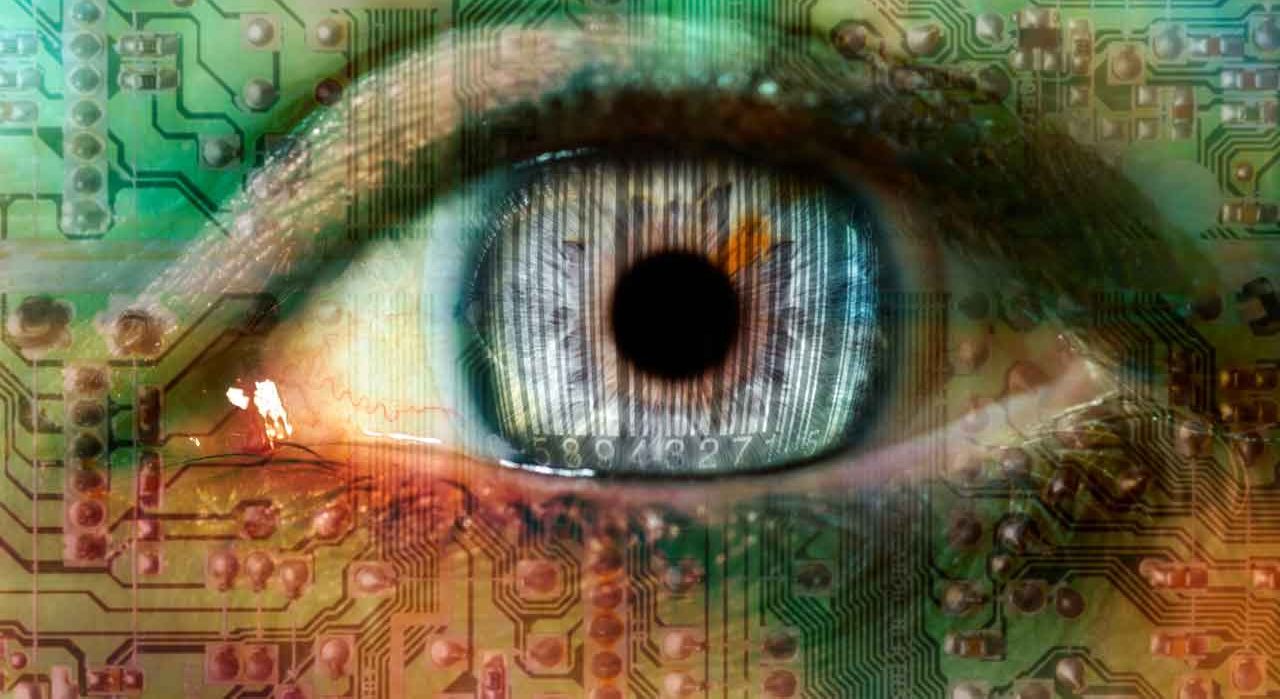
What Is Personalized Medicine?
Personalized treatments for cancers and other diseases may change the medical field.

But the technology may creep up on us.

Precision medical treatments are not just for people suffering from cancer and other chronic diseases.

Insurers will sometimes pay for genetic testing. Other times, your only option may be to cover the cost yourself.

Researching, regulating, and testing new treatments still pose difficulties to this new science.

Where to learn about the science behind precision medicine and whether these treatments could be right for you or your loved ones.

How your genes can help your doctor fine-tune your diagnosis — and treatment.

As the data mounts, doctors may turn to algorithms.

With no cure in sight, personalized medicine holds great hope for those who may get this brutal disease.

Consider a test if the outcome will affect your medical care.

One study could change the way post-transplants care is managed.

Precision tests and treatments are changing how doctors identify and treat a spectrum of retinal diseases, including childhood cancer.

So far, the evidence is no.

Opting for targeted treatments instead of a one-size-fits-all approach brings hope to people on the spectrum and their families.

Reproductive scientists believe a “three parent” IFV technique can prevent

How to manage the system and be able to afford coverage for the prescriptions you need.

Health woes common in families may be the result of lifestyle choices you can change, not your genes.

Researchers are studying a possible vaccine and ways to desensitize the body to several food allergies at once.

Personalized medicine is changing how doctors care for patients battling Alzheimer’s disease, autism, cancers, and other illnesses, including heart disease.